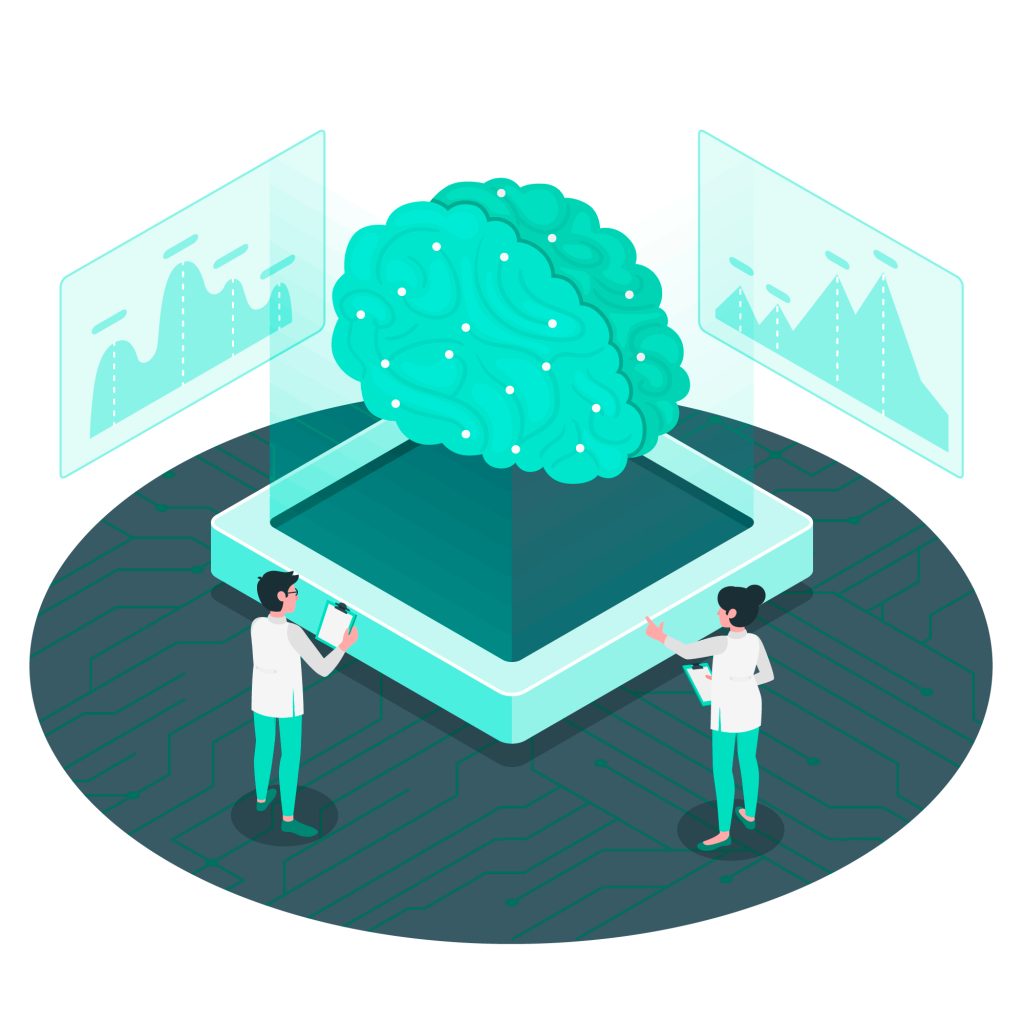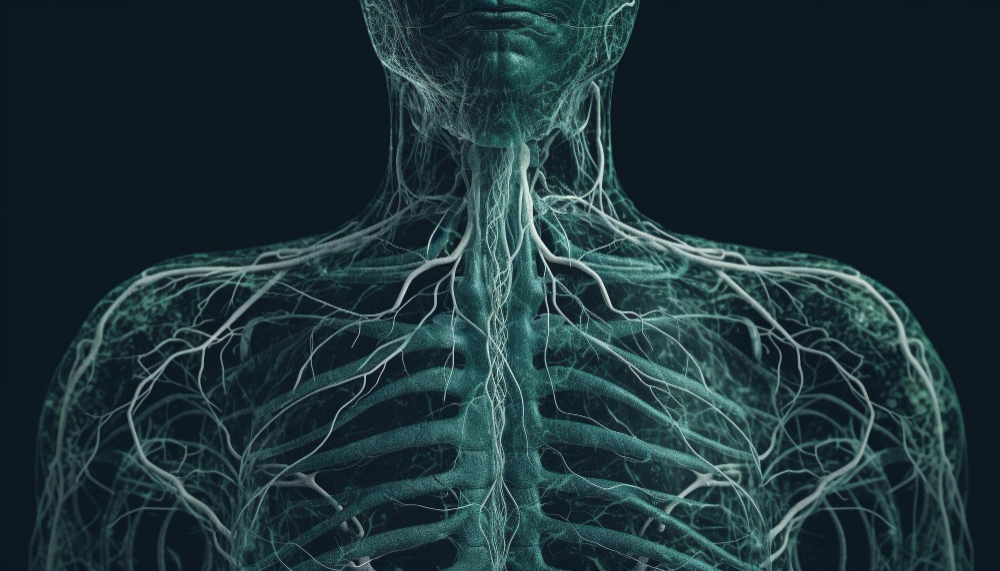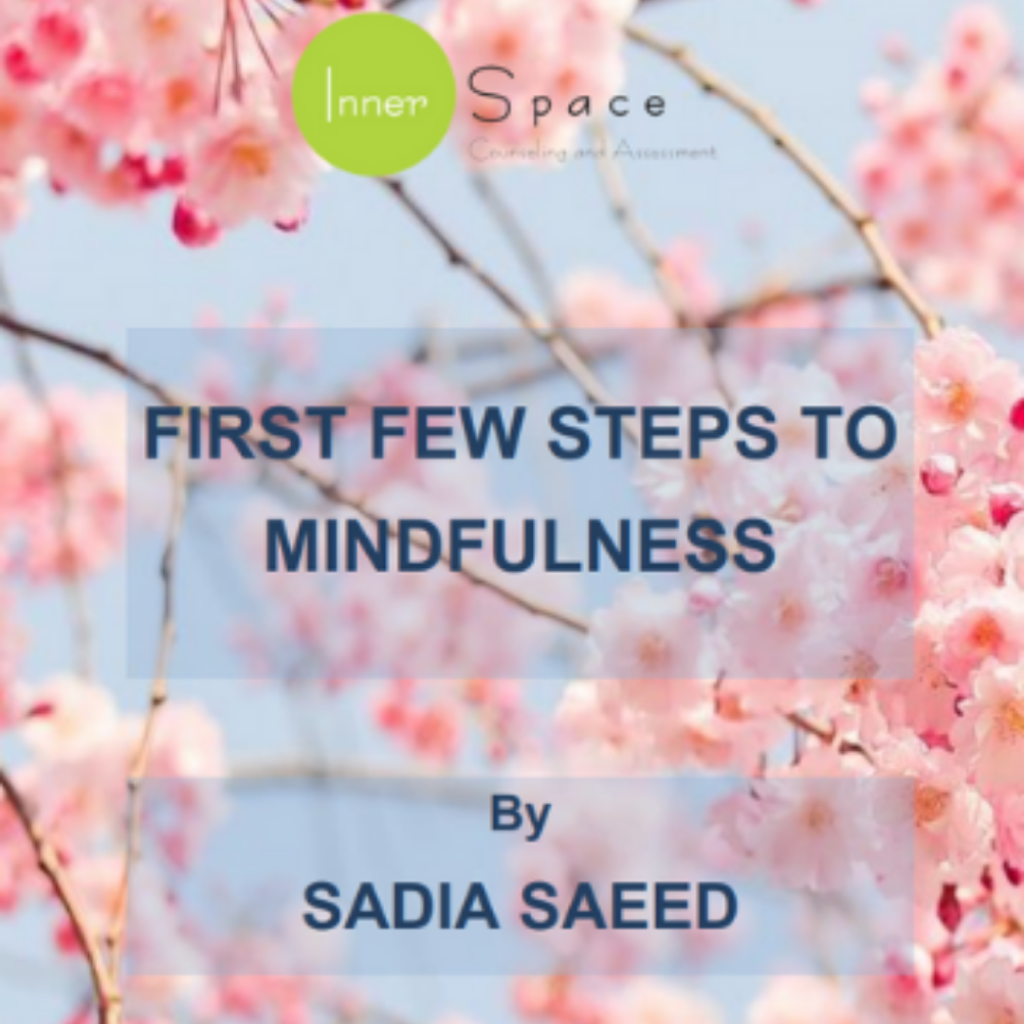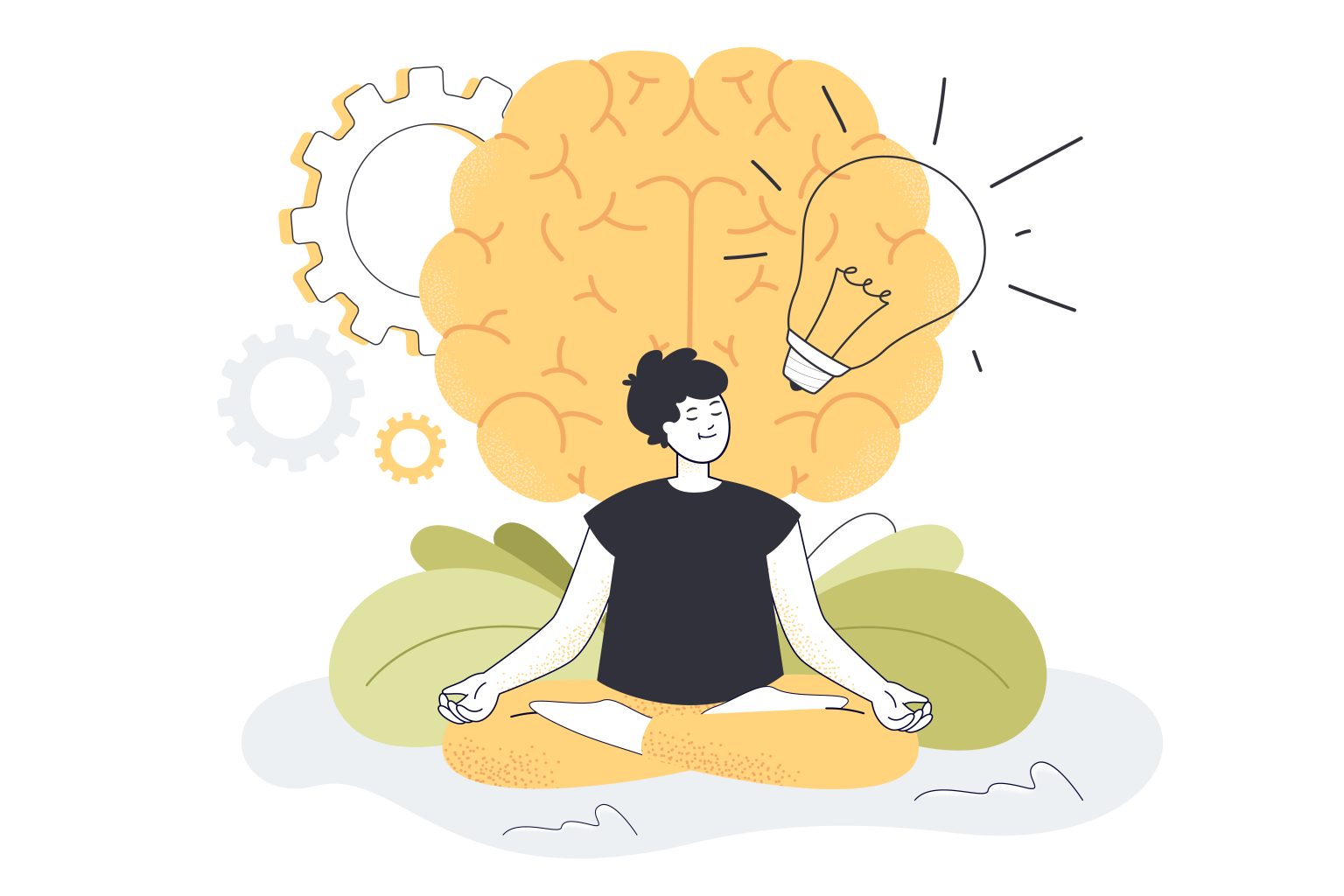
The Neuroscience Behind Mindfulness
Learn more about what the scientific world has to say about Mindfulness.
The Science Behind Mindfulness
Mindfulness as a practice for well-being and as a way of connecting to one’s true nature has not really been at the mercy of science.
It is a practice that has in many ways been taught across eastern philosophical traditions for thousands of years.
Scientific studies about mindfulness meditation however have opened up a new way for us to understand how exactly mindfulness seems to affect the brain and thereby affect thought, perception and other mental phenomenon through which we interpret the world.
Before we get into the understanding of the neuroscience behind mindfulness first let us see how the brain naturally functions.
The Nervous System
Our brain is connected to our entire body through a complex set of nerves. The job of these nerves is to carry information and signals across the body. The nerves carry information from the brain to other parts of the body and from all our sensory organs the information is carried to the brain. The nervous system is an electrical circuit of a sort and a very complex and refined one at that.

Fight or Flight Reaction
Each time the body faces a physical threat (e.g. a car whizzing past closely) or a mental threat (e.g. criticism), the nerves immediately send information to the brain regarding the threat. The brain interprets the information and puts the body into an alarm mode also known as the fight or flight mode. This mode is very useful for the body. As the name suggests, it prepares the body to fight the situation when needed or to flee and protect the system. It is a protective mode.
Emotional Distress

When we are perpetually disturbed by some or the other issue, we stay consistently in a threatened or stressed mode. The body then more or less stays in an alarm, fight or flight kind of reaction. Over a period of time the energy resources stay so displaced that the organs not receiving enough energy start physically suffering. This is a reason for many lifestyle diseases and most mental health difficulties. On the other hand the organs that do not need to actually run or fight (as in case of mental worry) have consistently higher doses of energy and become restless (habitual tapping/twisting of fingers, shaking of legs).
The Role Of Mindfulness

One of the reasons we consistently stay stressed is not because there is continuous stress at all points of time in our lives. It is because even at neutral times we keep bringing to mind difficulties/insults and injuries from either the past or worry about the difficulties we might encounter in the future.
When we practice mindfulness, we continuously remind the brain and body that the stress is not necessarily in the present moment. We remind our brain consciously to experience the present moment by bringing gentle attention to it.
When the brain senses that there is no real threat it starts to reintegrate the displaced energy.
“The secret of health for both mind and body is not to mourn for the past, nor to worry about the future, but to live the present moment wisely and earnestly.” Gautam Buddha

Begin Your Practice of Self Awareness and Well-Being
With our Free E-Book, ‘First Few Steps To Mindfulness.’
Neuroplasticity
Recent studies have shown that the brain learns and therefore changes with what it experiences. These studies are very recent- just a few decades old. Earlier science believed that the brain’s structure and function were rather fixed.
However Buddha is known to have said 2500 years ago that whatever we think excessively of or about starts to influence our awareness. It becomes a part of how we perceive ourselves and our world. This is exactly what neuroplasticity is all about.
If our thoughts and subsequently our actions are about our worries, or temptations, or ideas of escape that is what we become inclined towards and these aspects determine our way of being. These patterns get wired in the brain and become habitual patterns of behaviour that are often counter-productive and even greatly self-damaging.
Similarly if we can consciously bring our attention to the present moment and with gentle acceptance watch whatever it contains, our brain can learn this new pattern of ‘watching without fixing’. Slowly and gradually a spaciousness develops, allowing us to be more centred and peaceful.
What Studies Are Showing: A Snapshot
Recent scientific findings on the benefits of practicing mindfulness
- University of New Mexico researchers found that participation in a Mindfulness-Based Stress Reduction course decreased anxiety and binge eating.
- Office workers who practiced MBSR for twenty minutes a day reported an average 11% reduction in perceived stress.
- Eight weeks of MBSR resulted in an improvement in the immune profiles of people with breast or prostate cancer, which corresponded with decreased depressive symptoms.
- A prison offering Vipassana meditation training for inmates found that those who completed the course showed lower levels of drug use, greater optimism, and better self-control, which could reduce recidivism.
- Fifth-grade girls who did a ten-week program of yoga and other mindfulness practices were more satisfied with their bodies and less preoccupied with weight.
- A mix of cancer patients who tried MBSR showed significant improvement in mood and reduced stress. These results were maintained at a checkup six months later.
- The likelihood of recurrence for patients who had experienced three or more bouts of depression was reduced by half through Mindfulness-Based Cognitive Therapy, an offshoot of MBSR.
- After fifteen weeks of practicing MBSR, counseling students reported improved physical and emotional well-being, and a positive effect on their counseling skills and therapeutic relationships.



